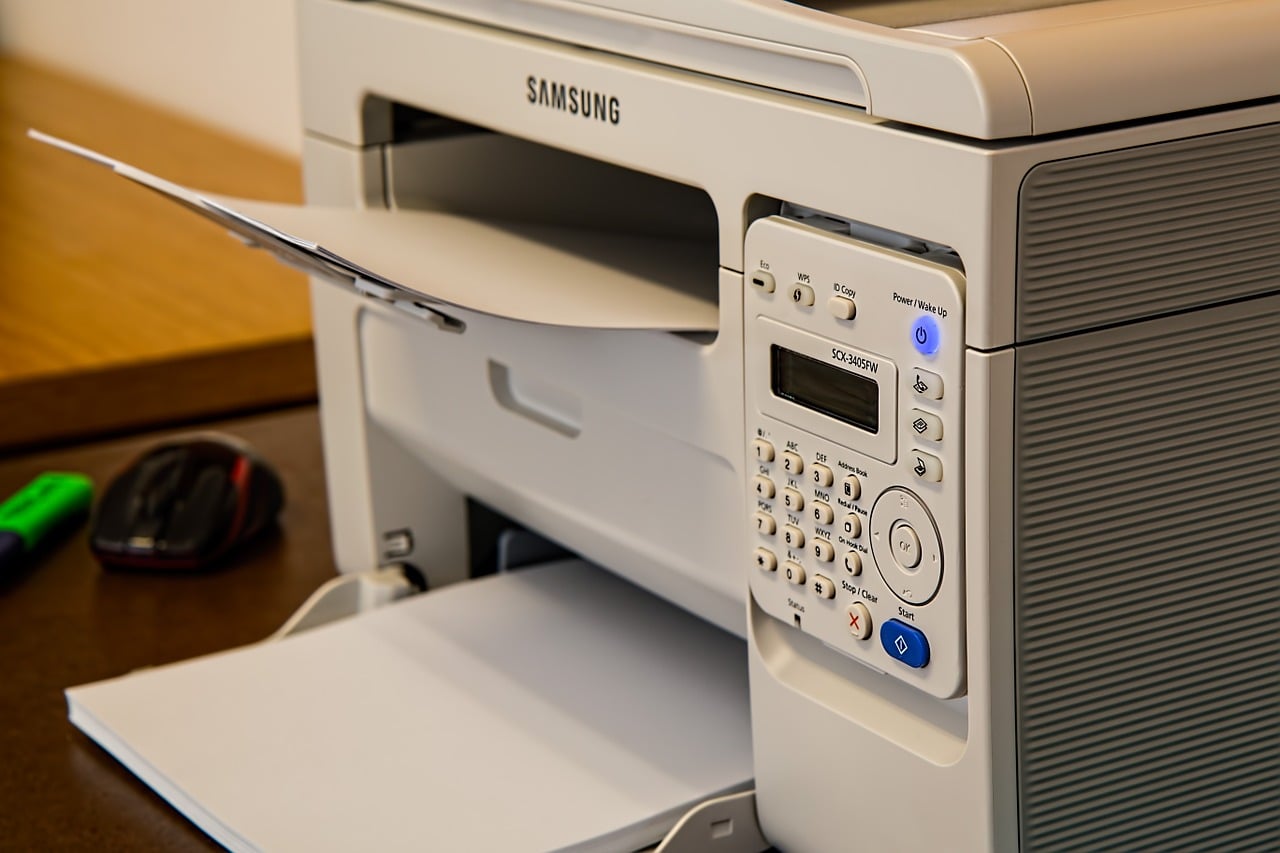It’s hard to believe that faxing still exists when other methods of information transmission, like email, are commonplace and easier to use. Unfortunately, email hacking happens every day, which is why certain industries turn to faxing to protect their private information.
The fact is that federal and state privacy laws abound, and more regulations are developed on a regular basis. While many statutes require faxing when transmitting private data, businesses and individuals should all educate themselves about security issues that may still pose risks. Here are some points that you need to know to keep your data safe.
Q3 2019 hedge fund letters, conferences and more
Cyber Security is a Major National Issue
When the Internet was first introduced, security posed few issues to users. Even back in 2016, however, it was important enough for the University of North Georgia to receive an award from The Department of Homeland Security and the National Security Agency as part of their National Centers of Academic Excellence (CAE) program.
While you might expect that the Internet has had three more years of technological advances to resolve this issue once and for all, it just does not work this way. Computer scientists are constantly working to block today’s threats, but hackers are simultaneously developing new methods to capture the personal data that you transmit.
Your Social Security numbers, account numbers, passwords, and much more will probably never be one hundred percent safe. This is why you need to update yourself regularly on current cyber security issues before transmitting personal data online — and why many entities still rely on faxing to maintain better security.
Security Concerns Drive Government Regulations
Since cyber security concerns seem to be growing on a daily basis, it’s no surprise that government regulations require personal data to be transmitted by postal mail or by fax, rather than by using other digital methods.
Of course, the government is not known for a rapid response to changes in technology. Perhaps income tax electronic filing of tax returns illustrates one example of a rare exception to the rule since it uses the Internet to make the process easier. This option is still in use today, and it is very popular. For one thing, electronic filers typically receive their refunds more quickly than paper filers.
That said, the IRS received five to seven weekly data theft reports from tax firms during the 2018 tax filing season. Considering that data protection responsibilities fall to the parties on both sides of a transmission — and to anyone connected along the way — continued theft is no surprise. While the IRS continues to support and encourage electronic tax return filing, it appears that few other government agencies see a reason to change methods that offer higher security protection.
Old-Style Fax Machines Pose Security Downsides
As is true with government agencies, certain industries also face strict regulatory limitations on how information can be transmitted. These regulations are in place specifically for data security purposes, but when looking for the most secure method to transmit your information, you should be aware that even standard fax machines can pose significant security risks.
On the security upside, fax machines generally communicate over phone lines, so hackers would basically need to gain access to transmission directly from phone company offices. But, before you feel more secure, keep in mind that many businesses and individuals now use Internet-connected phone systems (known as Voice over Internet Protocol, or VoIP), which could potentially erase the machine’s security benefits.
But, let’s assume that the machines on both sides of a transmission operate through standard phone lines. Do you feel comfortable knowing that anyone who walks by a fax machine located in a public area can see identifying information about you until someone gets around to picking up your document? For that matter, how many times have you seen an overloaded fax output tray spill pages onto the floor? These are just two of many issues that point to possible risks associated with faxing.
In fact, even snail mail can pose risks every time a new person handles it, as well. So, does this mean that you have to hand-carry your documents to your intended recipient? Don’t worry; you have another option that you might not expect.
Internet-Backed Faxing Can Actually be a Safer Method That Meets Regulatory Requirements
There is a surprising alternative method that is considered to be very secure. After all the discussions about Internet security issues, it may seem counterintuitive to use online fax services. Still, reputable companies typically use encryption and other methods to help ensure that your transmissions are safer than the ones sent to & from old-style fax machines.
An added benefit to these services is that you’ll have an easier time keeping track of your documents, too. Since every transmission involves an electronic copy of your document, a copy is available in the Cloud, and you can easily keep a copy on your computer and even back it up. Since many regulations require the ability to retrieve the documents, this is an important plus.
Data Security is About More Than the Machine You Use
Clearly, ensuring the safety of your transmission is a complex issue. Plus, regulatory requirements involve your filing process as much as the methods you use to protect each document during transmission.
Whether you need to fax frequently, or if it’s just an occasional necessity, you need to be prepared to make the right decision on the process that is observed at both ends of the transmission — and while your document is in transit. The best time to do your research is right now so that you’ll be ready to properly protect your documents while meeting any related government regulations.






